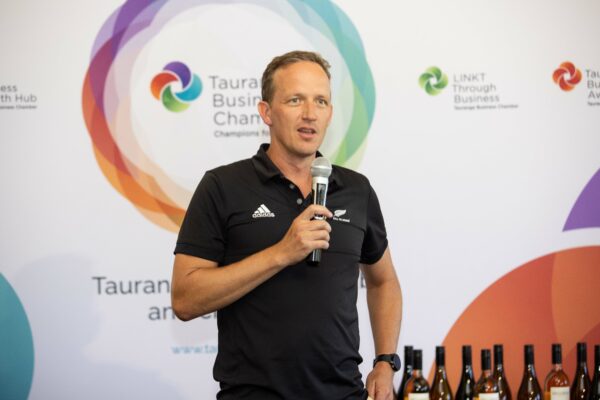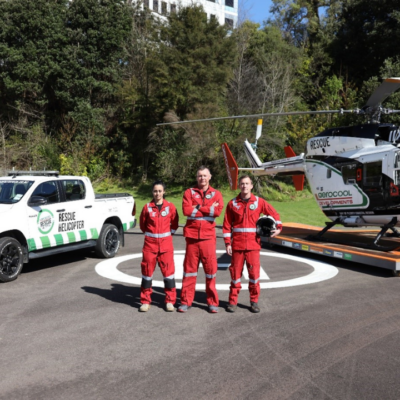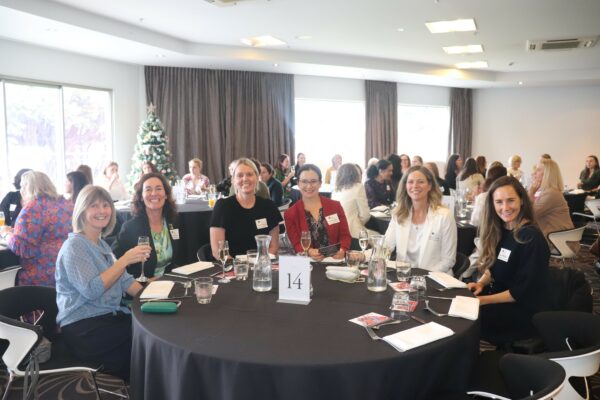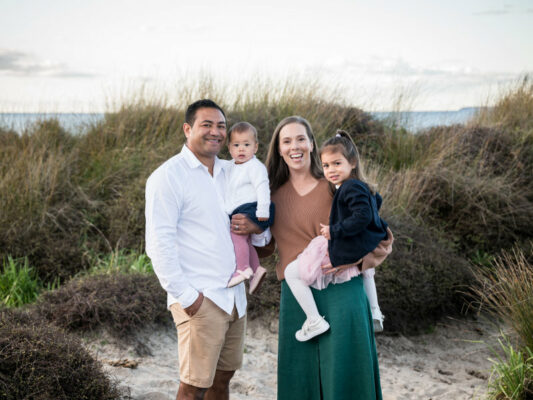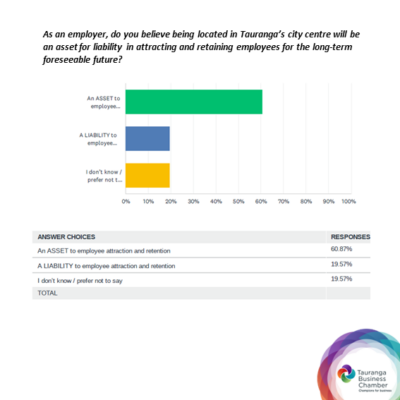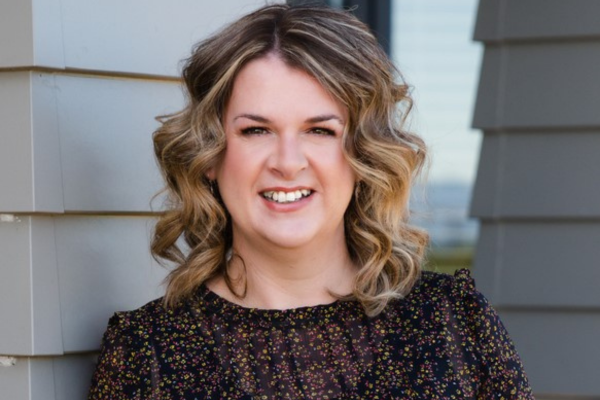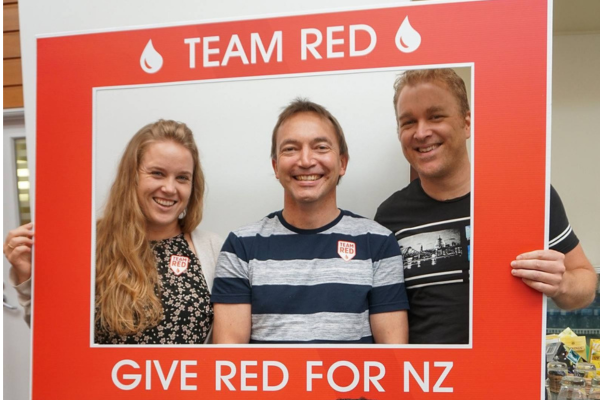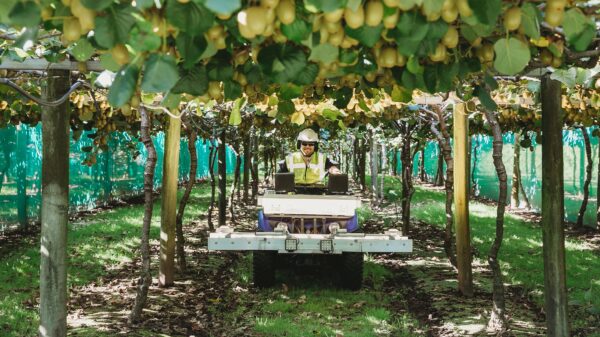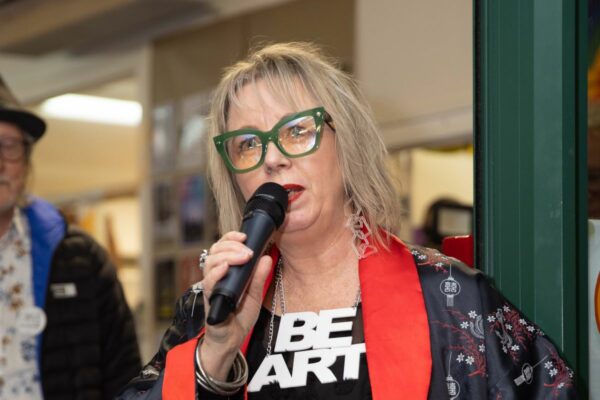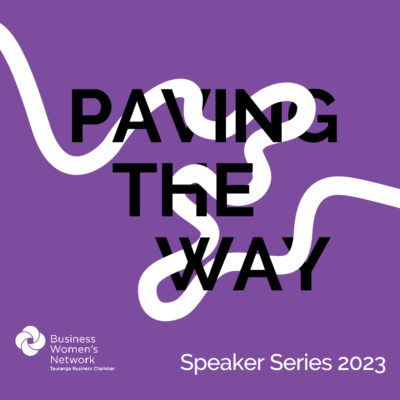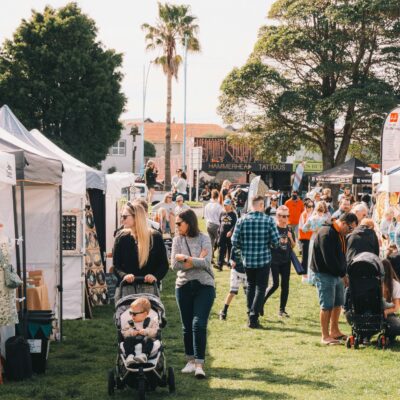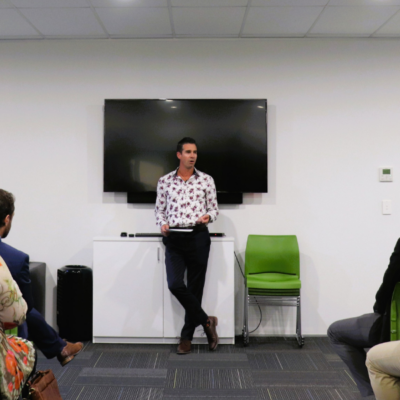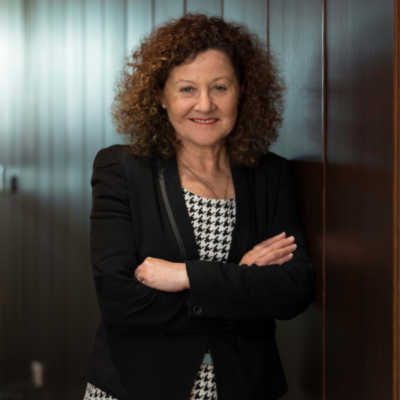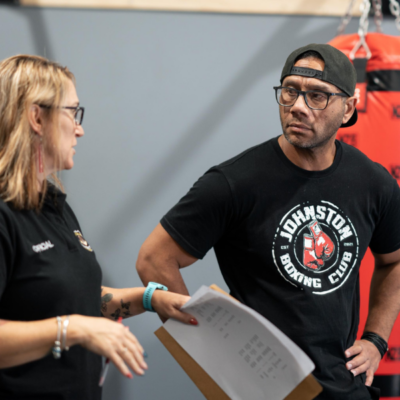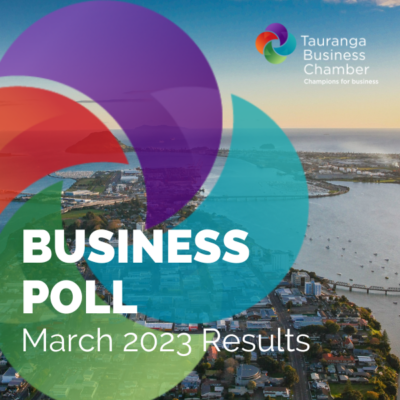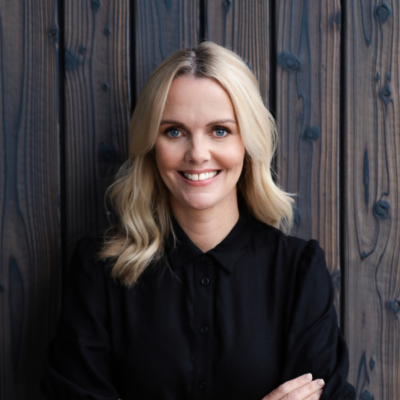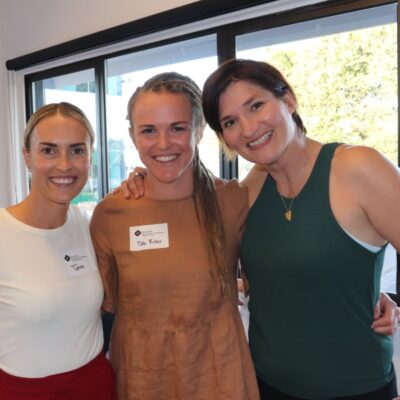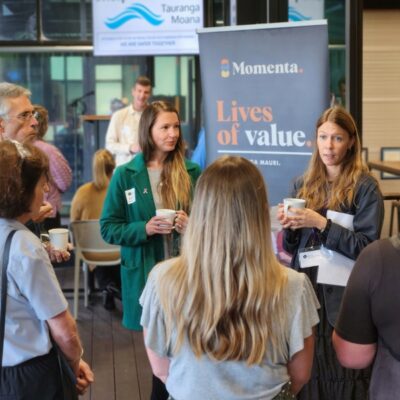Event planning is a logistical operation at the best of times… let alone throwing a global pandemic into the mix.
With Alert Level 2 putting limitations on the hosting and staging of events, businesses and creative communities are having to rethink how they organise large gatherings.
Following our recent BA5 at Baycourt Community and Art Centre, and given the recent return to Alert Level 2, we asked Manager James Wilson to provide us with some insights into how events-based organisations such as Baycourt are impacted with the Alert Levels and the steps they need to take to ensure their long-term survival.
How was Baycourt affected by COVID-19 lockdown and the Alert Levels earlier this year?
The performing arts and live entertainment sector was hit very hard by COVID-19 and Baycourt experienced a huge amount of postponed and cancelled shows.
The venue was in the midst of one of our busiest ever years and a full programme of shows were initially lost to COVID – this included national touring shows by the Royal New Zealand Ballet and the New Zealand Symphony Orchestra, as well as signature local events such as the Tauranga Jazz Festival, and the Tauranga Musical Theatre season of ‘Les Miserables’.
Thankfully, many of our shows were able to postpone rather than cancel, and we are currently working hard with promoters to ensure that Tauranga audiences get to see live entertainment again soon, when it is safe to do so. Whilst many theatre companies and arts organisations have come up with great innovations around sharing content online, for us nothing can match the live experience – being in the same room as the performers and getting to experience events as part of a love audience.
We’re hopeful Aotearoa can move through this current set back and get back to being able to enjoy live entertainment again soon.
What happened when we were back at Alert Level 1?
We saw a high level of audience demand to get back to the theatre, which was wonderful. Our audience surveys during the lockdown showed Tauranga really valued the opportunities to see live shows at Baycourt and that they were very keen to return. We enjoyed sold out performances during the July school holidays and advance bookings for shows have continued to be strong.
Whilst it is certainly not business as usual, we have continued to see strong demand for the venue.
With lots of shows moving dates, the calendar for the end of the year is packed with lots of events, and the pipeline of bookings for 2021 is very strong. It’s looking increasingly likely that it will be a longer wait to see international acts return to Baycourt, but there is such amazing creative talent in NZ, that there is more than enough local arts and entertainment experiences to keep audiences on the edge of their seats for the time being.
Were there changes you had made to your operations that you have kept in place as they were working well?
We’ve had to adapt fast to more flexible ways of working, including the ability for our team to work from home wherever possible. Like all of NZ, we’ve had to become fast adopters of Zoom, Skype and other online working tools.
We have also been looking at how we can incorporate video into the way in which we engage with clients. An example of this is looking at how we can guide our hirers through the process of bringing an event to Baycourt and creating video content to explain our systems and processes, rather than just having all that information provided in written contracts. We think that the ‘hybrid event’ will very much be an expected part of future events, so we have invested in camera equipment, along with sound and editing systems, to enable our clients to incorporate live streaming at their events.
What were some of the financial implications?
The April to June period is usually our busiest quarter and we lost all events through that period. Our audience numbers for the year were down by more than 30%, which has a knock-on impact for revenue.
Whilst we have of course been hit by loss in revenue, our main focus has been on looking after our audiences – ensuring they can get refunds or transfer their tickets to new dates, and on looking after our hirers – we waived all our usual cancellation fees for promoters during the first lockdown, as they had seen all of their bookings disappear almost overnight.
Baycourt is part of the arts and culture ecosystem for a huge range of local artists and touring companies, all of whom were going through pretty hard times- so it was important to us that we looked after them where we could.
What about some of the flow-on effects for you in terms of other people in the creative sector and their impacts?
I think we are still very much in the midst of working that all out. Every hirer of Baycourt is having to weigh up their own risk appetite in terms of committing to future performances, when none of us know what the future holds. What has been hugely reassuring is our sector is very collaborative, resilient and supportive, and we’ve seen lots of arts companies determined to keep making theatre, and to share that with audiences when it is safe to do so.
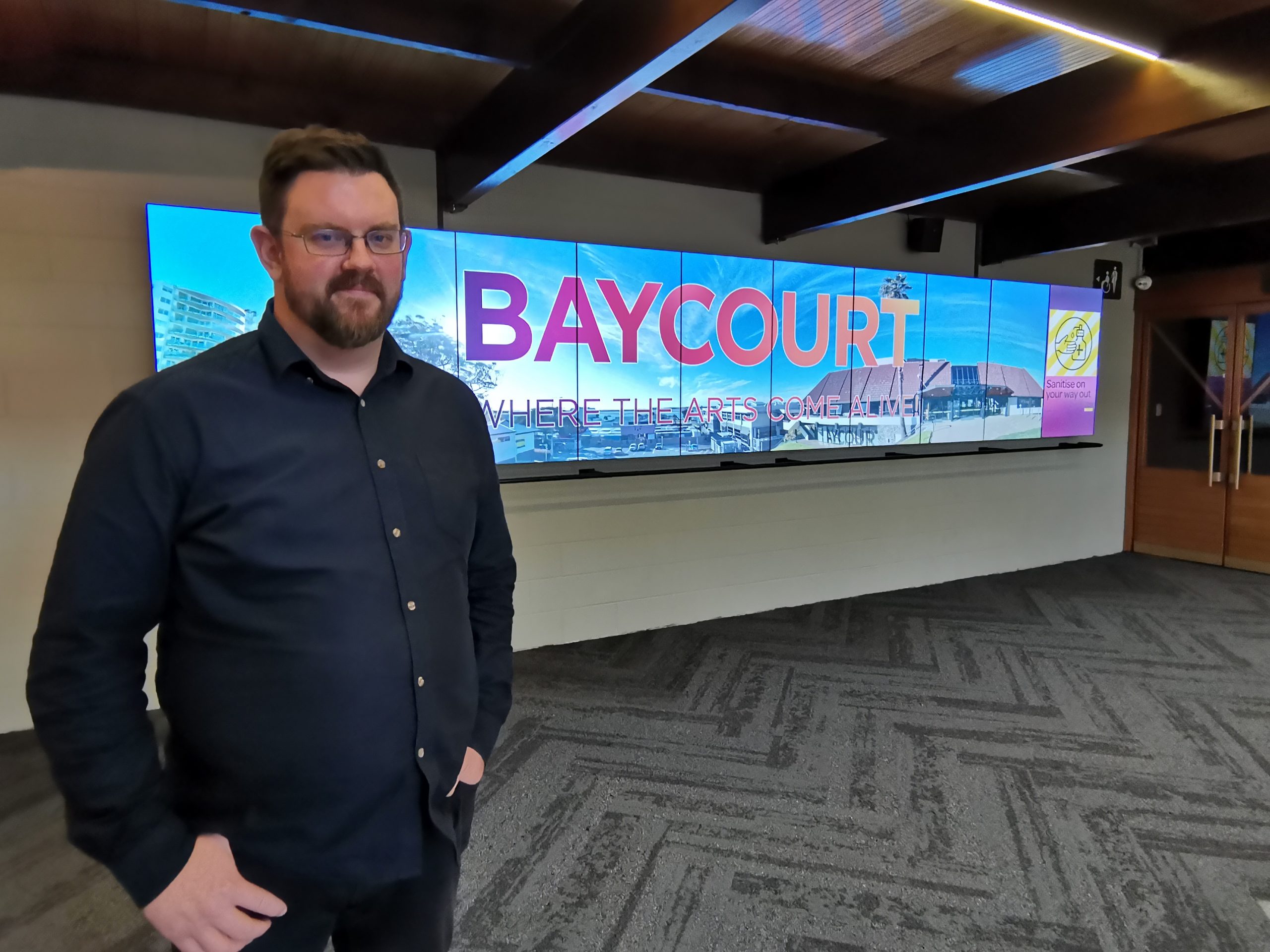
What was the impact of returning to Alert Level 2 in this past week? Did you feel more prepared for the second wave?
Definitely more prepared. None of us wanted to go back a level, but it was great that our team was prepared to response calmly, quickly and safely. We have hosted events at Baycourt since the move to Level 2 – albeit with greatly reduced attendance numbers and strict physical distancing criteria.
How did you / the team feel when you heard the announcement about our return to Alert Level 2 and the uncertainty of the past week?
There is no denying that the past week has been stressful – everyone is experiencing this at the same time, and everyone has different responses to the stress and anxiety of a pandemic. As a council operated venue, we’ve had lots of good support across the council staff team, with clear guidance from our Health and Safety team and our CPT (Covid Planning Team).
What are some of the long-term challenges with yo-yoing in and out of Alert Levels, as well as other challenges COVID has presented, such as having borders closed at the moment (and for the foreseeable future)?
The uncertainty of whether a scheduled show will go ahead or not is a major challenge. While we’ve had the benefit of living in a ‘COVID World’ for the past five or so months, and during this time developed new skills, contingency plans and approaches to working and living in such a world, there’s no denying that an extra layer of complexity is added to all of the team’s workloads when we yo-yo in and out of alert levels.
The level changes also cause added stress for our local, national and international hirers, some of whom are already experiencing high levels of anxiety. However, we do try to mitigate/reduce any stress they are feeling by working closely with hirers on contingency plans should the worst occur.
In regards to the closure of New Zealand’s borders, this means Tauranga audiences miss out on experiencing fantastic overseas artists who bring their shows to Baycourt, like Postmodern Jukebox, the brilliant musicians brought to us by the Tauranga Jazz Festival, internationally acclaimed stand-up comedians like Ed Byrne, and many more overseas artists and performers.
How do you feel the arts community has been impacted more broadly? What is some of the feedback you are getting from creatives / artists / performers you are in connection with?
There has been some great support and funding available from Creative New Zealand. As our main arts funding and advocacy body, CNZ have responded very quickly with innovative and flexible programmes that have provided support to lots of artists and arts companies.
As an EVANZ (Entertainment Venues Association NZ) member venue, we have been involved in advocacy and lobbying to government on behalf of our sector, including working with MBIE to develop the “Covid Code”, a voluntary code with a set of guidelines for promoters and artists to deliver safe events through COVID.
Anything else you would like to add about Baycourt in general or COVID’s impacts?
People are truly the heart and soul of Baycourt, and on behalf of the whole team I just want to express my massive thanks and gratitude to the Tauranga community for all the support and love it has shown our venue this year.










